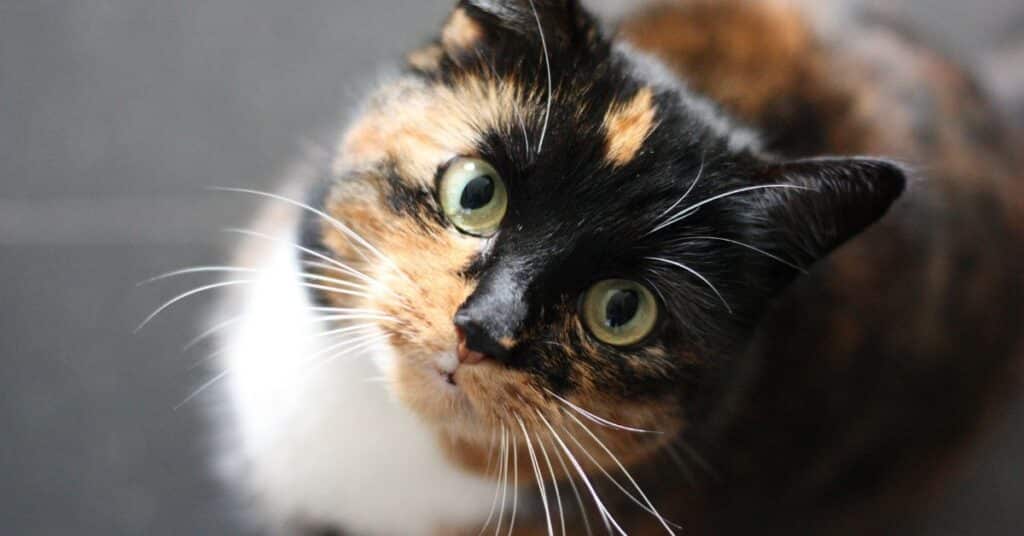As cat owners, we’ve all experienced that moment. It’s a calm morning, and your cat is relaxing in the sun by the window. Then, suddenly, a bird appears, and the peaceful quiet is shattered. Your kitty starts chattering its teeth, making strange chirping noises that sound like an attempt to communicate with aliens.
This peculiar behavior, commonly known as “chattering,” is one of the more unusual quirks of our feline companions (right behind their love for knocking things off shelves). However, it’s not just to perplex or amuse us—though any cat owner will tell you, felines often entertain themselves, not us.
The true reason behind this sound is still somewhat mysterious, but science offers a few plausible explanations. While many theories suggest this behavior is rooted in their ancient predator instincts, there’s also a growing understanding that cats are much more emotionally complex than we might realize. Here are five possible reasons why cats make those strange chattering sounds:
1. Chattering = Hunting Mode
You've probably noticed chattering when your cat spots potential prey like a bird or a fly. This behavior may be a result of mixed emotions—excitement about the opportunity to catch the prey, and frustration at being unable to do so. This displacement behavior can be compared to similar human actions like nail-biting or playing with hair, as noted by veterinary behaviorist Dr. Lisa Radosta.
2. Mimicking Prey Sounds
Cats may also use chattering and chirping as a form of mimicry. By imitating the calls of birds or rodents, they may get closer to their target before pouncing. Wild cats, like ocelots, jaguars, and pumas, have been observed using this strategy as well. For example, ocelots mimic baby monkey cries to attract prey.
3. Enhanced Smelling with Chattering
Cats, like dogs, have an extraordinary sense of smell. Both animals possess a vomeronasal organ, which acts as a second nose designed to detect pheromones. According to Parade Pets, chattering may stimulate this organ and help cats better process smells. The organ sits right behind their upper teeth, and the vibrations from chattering could enhance their scent-detecting abilities.
4. They’re Just Excited to See You
If your cat starts chattering when you walk into the room, don’t worry—it’s not trying to hunt you! This could simply be their way of saying “Hello!” Cats use a variety of vocalizations to express themselves, and chattering is just one more unique sound they use to communicate with you.
5. When to Be Concerned
While chattering is usually harmless, it’s important to differentiate it from teeth grinding, which can signal dental issues or pain. If the chattering seems out of place and is accompanied by drooling, it’s a good idea to consult a vet to rule out any health concerns.
In conclusion, while cats may seem strange, they are highly complex and emotional creatures. Their chattering is just one example of how they express themselves and their instincts—much like us, they can feel excitement, frustration, and other emotions deeply. So, the next time your cat starts chattering, remember: it’s not just weird—it’s part of their fascinating, multi-layered personality.
 Skip to content
Skip to content
